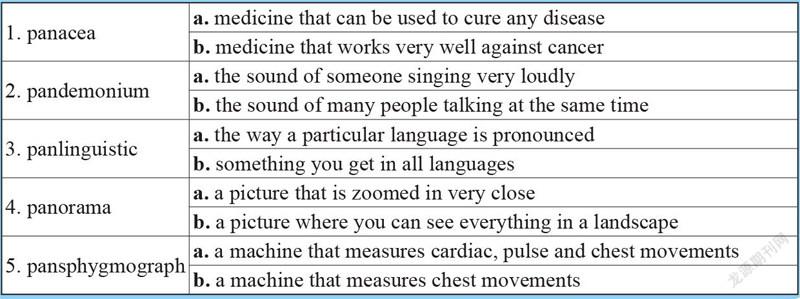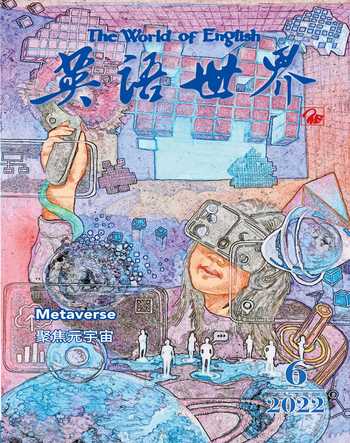Bentham’s Panopticon
Ian Betteridge


Who was Bentham?
Jeremy Bentham was a philosopher who was born in London in 1748. He believed in lots of things that people thought were very strange. For example, he believed that women should be completely equal to men. He also believed that people should be kinder to animals. Before Bentham, most people thought it was okay to hurt animals because they aren’t clever like people are. Bentham’s idea was that being able to feel pain is more important than being clever.
Good at lots of things
In the 18th century, philosophers were interested in many different subjects. Jeremy Bentham, when he wasn’t thinking about economics or women’s rights, designed a kind of prison, called a Panopticon.
The concept
His concept was that only one guard could watch hundreds of prisoners at the same time. In Bentham’s plan, the guard stays in a tower in the middle of the prison, and all the inmates stay in rooms that are built in circles around the tower. At any time the guard can see what any inmate is doing, but they can’t see inside the guard’s tower. The guard has only got two eyes and can’t look everywhere at the same time, but the prisoners don’t know where he’s looking. At any time the guard could be watching them so they have to be well behaved all the time. Jeremy Bentham’s clever idea means that you only need one guard to take care of a whole prison. He even said that sometimes there could be no guard at all because the inmates would never know.
The name
‘Pan’ and ‘optic’ are both words that have come to English from the Ancient Greek language. ‘Pan’ means ‘all’ or ‘everything’ and ‘optic’ means ‘to see’. So the name panopticon means ‘to see everything’.
The modern world
It was never possible to build a panopticon when Jeremy Bentham was alive because technology in the early 19th century was not good enough to make sure that the guard could see all the inmates in every part of the prison. Modern-day CCTV technology means that it is now possible; today, in fact, there are surveillance cameras in cities all over the world. Maybe now we are all living in a panopticon.
Answers
Activity 1
1. a; 2. b; 3. e; 4. d; 5. f; 6. c
Activity 2
1. philosopher; 2. concept; 3. surveillance; 4. CCTV; 5. prisoners/inmates; 6. well behaved
Activity 3
1. animals; 2. inside; 3. watching; 4. technology; 5. surveillance/CCTV
Activity 4
1. a; 2. b; 3. b; 4. b; 5. a
Activity 1
Before you read, match the word or phrase to a definition.
a. a kind of video camera used to watch places to make sure there aren’t any crimes
b. an idea, especially an abstract idea, about a way to do something
c. describes people who don’t break any rules or do anything bad
d. somebody who must stay in prison as punishment for doing something wrong
e. somebody who thinks about and studies different ideas
f. watching people very closely, maybe using cameras, to check what they are doing
Activity 2
Now complete the sentences using words from the text. Make any changes to the words that are necessary.
1. Friedrich Nietzsche was a famous German (____) from the 19th century.
2. The (____) of zero as a number came from India in the 9th century.
3. The office building where I work has 24-hour (____) to stop burglars.
4. There are approximately 1.5 million (____) cameras in city centres, stations, airports, and shopping areas in the UK.
5. This prison has about 300 high-security (____).
6. We bought the children an ice cream because they had been so (____) all day.
Activity 3
Choose one word from the text to complete each of these statements.
1. Jeremy Bentham thought that it is wrong to hurt (____), even if they aren’t intelligent.
2. Unlike other kinds of prison, the guard tower is on the (____).
3. The prison inmates will never break the rules because they don’t know when the guard is (____).
4. No panopticons were built in Bentham’s lifetime because they didn’t have the (____) then.
5. The modern world is like a panopticon because (____) cameras are so common.
Activity 4
The prefix ‘pan’ comes from the Greek word for ‘all’ or ‘everything’. Using that information, you can guess at the meaning of very advanced words. Can you match these words with their meanings?
Activity 5
Are there any unusual buildings where you live? What makes them unusual?
Do you agree with the author that the modern world is like Bentham’s panopticon? Do you think it’s okay to be under surveillance often if this helps to cut crime?

